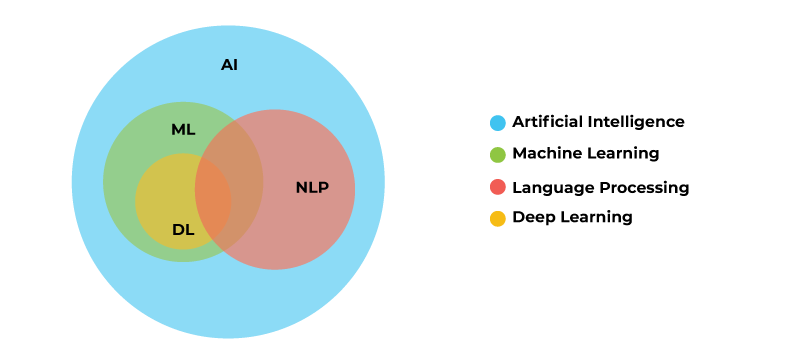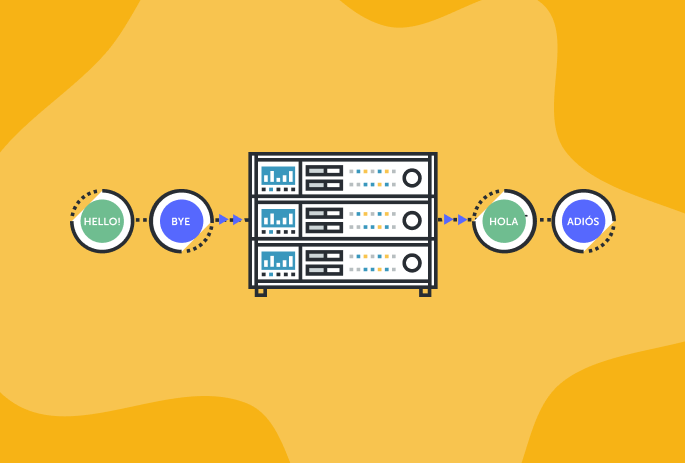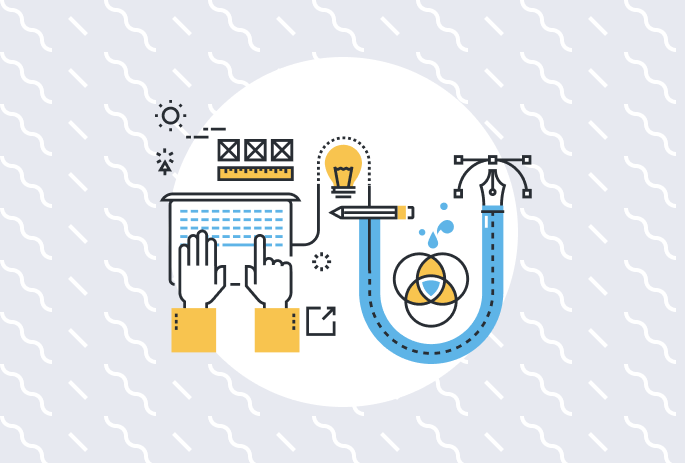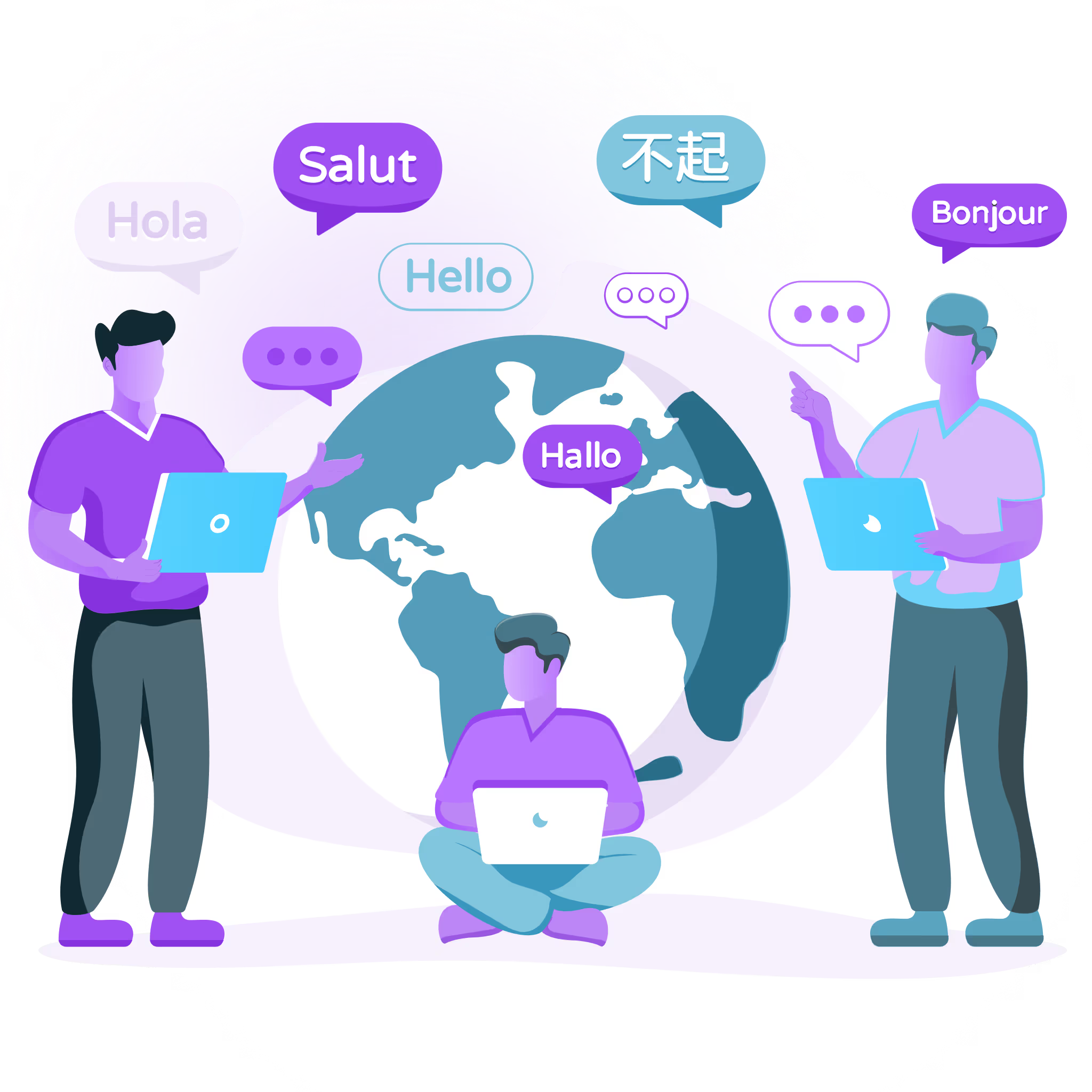Artificial intelligence and localization were made for each other.
In this article, we discuss how AI is changing the landscape of the localization industry.
What is AI? And how does it work?
Artificial intelligence (AI) is a technology that allows a machine or computer to understand and simulate human behavior. As shown in the graphic below, AI has 3 subfields.

Source: Encora.com
Each subfield of AI shares techniques, algorithms, and knowledge. Here’s a quick overview of each AI discipline used in the localization industry:
- Machine learning (ML) is a technology that tracks patterns present in data. ML uses algorithms to automatically improve results. and get smarter over time. In localization, ML is used to identify patterns in language. The more you use AI in the localization process, the more accurate the ML algorithms become.
- Deep learning (DL) is a facet of AI that trains computers to mimic the function of the human brain. In the localization process, DL technology can track changes in language nuances in real-time and respond smartly with the correct solution.
- Natural language processing (NLP) is a subfield of AI that trains computers to learn and understand human languages. The technology can extract information and insights from a source text, categorize documents, and organize content.
How Artificial Intelligence Is Changing Localization
Here are four ways artificial intelligence improves the localization process.
1. Advances in AI Translations
Artificial intelligence powers AI translation tools like Google Translate, Bing Translate, DeepL, and many more. This translation technology has come a long way since it was invented in the 1950s. Nowadays, AI-based technologies can translate an entire novel in less than two minutes. This has a huge impact on the localization and translation industry.

2. Artificial Intelligence Automates Localization Workflows
AI can learn much faster than humans. It processes massive amounts of information, extracts data from reports, and identifies speech and writing patterns. ML, DL, and NLP are then used to draw conclusions from the data.
By analyzing millions of records, AI can identify and attempt to understand slang or idioms. Here’s an example from Google that demonstrates how well its latest neural machine translation (NMT) tech can understand the meaning of a French idiom:

3. Artificial Intelligence Is Making Localization Faster and More Efficient
Traditional localization tools may be great at translating content accurately, but they’re not necessarily fast enough. Artificial intelligence significantly speeds up the localization process. Because AI can get the job done more quickly, companies can localize their content at a much lower cost. With the power of AI translations and human post-editing, anyone can get quick, high-quality translations at an affordable cost.

4. Artificial Intelligence Has the Power to Localize Multimedia Content
Did you know that AI can translate and localize images, videos, and audio files? This technology helps websites become more accessible to all types of visitors. With the help of AI, it’s much easier to localize all of your content—text, videos, files, or images—for your target audiences.
For example, the data science team at Meta built an AI solution that can translate images and photographs automatically. Even more impressive: the AI translates words into a similar font and style. This technology has significant potential for the localization industry.

Artificial Intelligence and Localization: Why Use Localize?
At Localize, we have many years of experience translating and localizing content for brands of all sizes, from Fortune 500 companies to startups. We lead the industry in automated translation tools with integrated AI translation. This enables us to offer you the most accurate and authentic results. Reach out to us today to learn what Localize can do for you!








